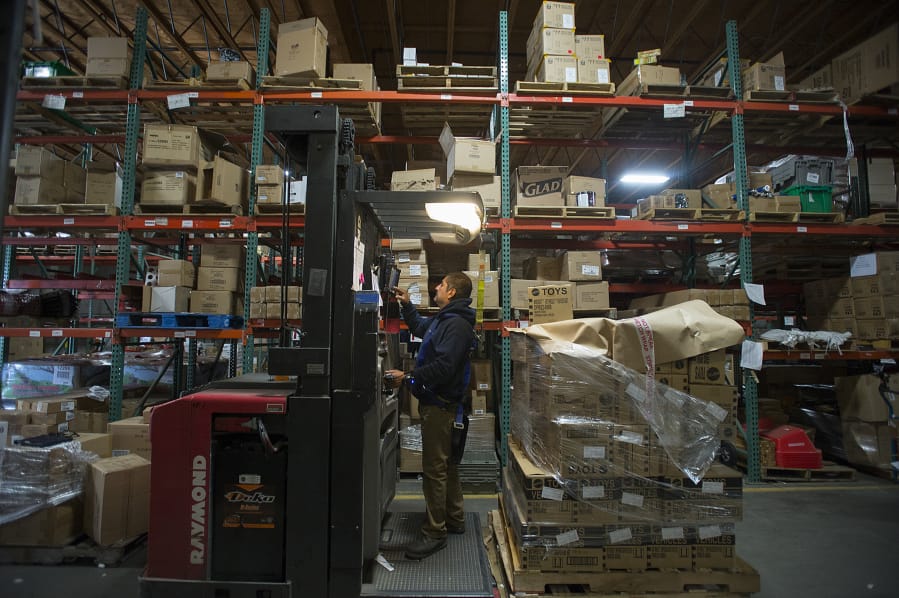Hi-School Pharmacy has featured a 12-cup coffee maker for years. It’s a staple of general merchandise retailers.
But this summer, the wholesale price skyrocketed for the product, which is made in China. The Virginia-based supplier blamed Trump administration-imposed tariffs for the increase on the coffee maker as well as other consumer goods.
Hi-School Pharmacy executives, however, were skeptical and resisted the increase. They eventually made a decision they hadn’t anticipated when the push-and-pull talks began with their longtime supplier. The experience provided a learning opportunity about tariffs for the executives, as they made a choice that best serves the company through the end of this year and through the crucial holiday shopping season. But when it comes to tariffs, they’re already concerned about 2019.
The company’s credentials in Vancouver have few peers. The High School Store opened in 1925 on Main Street across from Vancouver High School. In 1939, a pharmacy opened next door, absorbed its neighbor and the venture was named Hi-School Pharmacy. The store was sold in 1948, and it grew some more.




